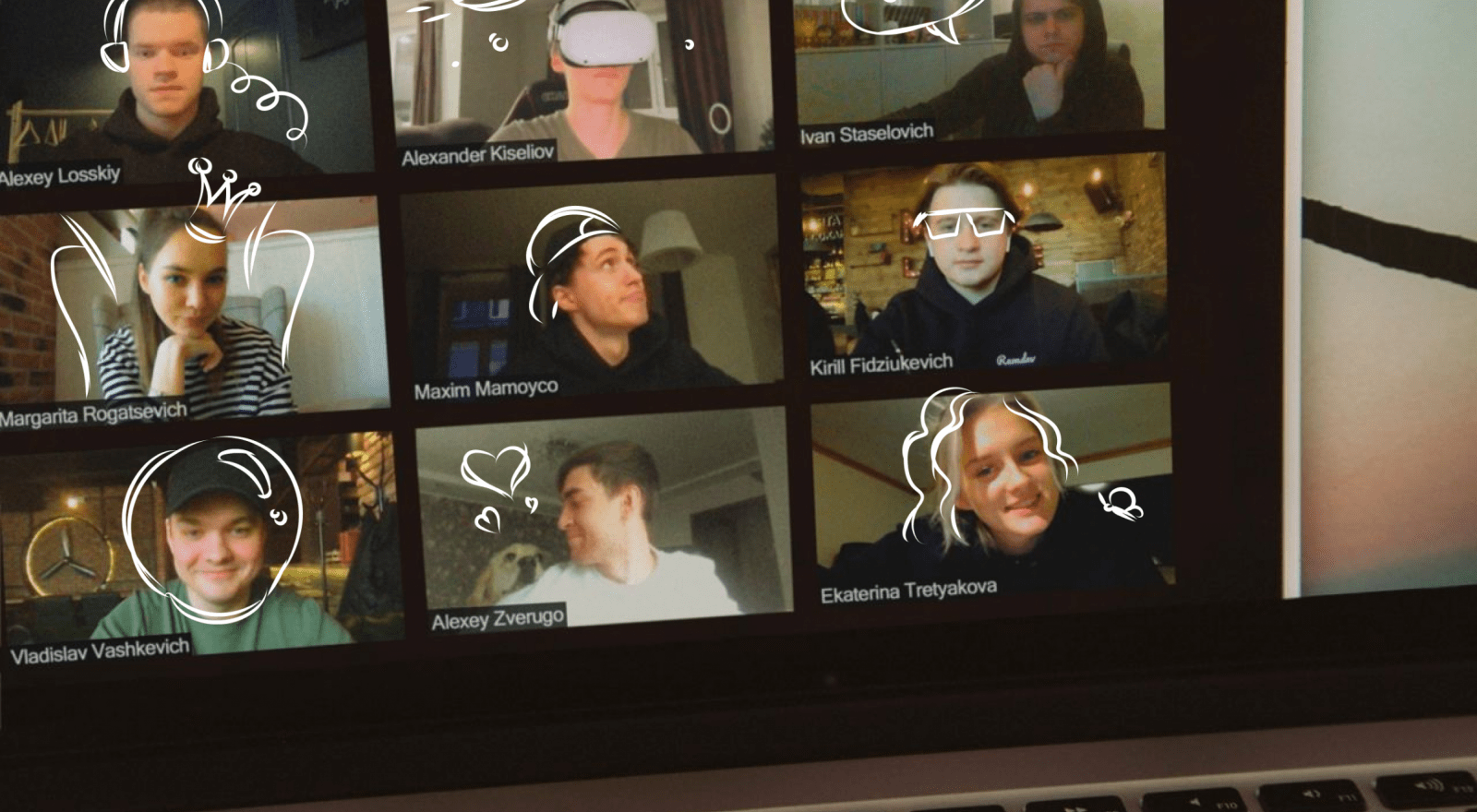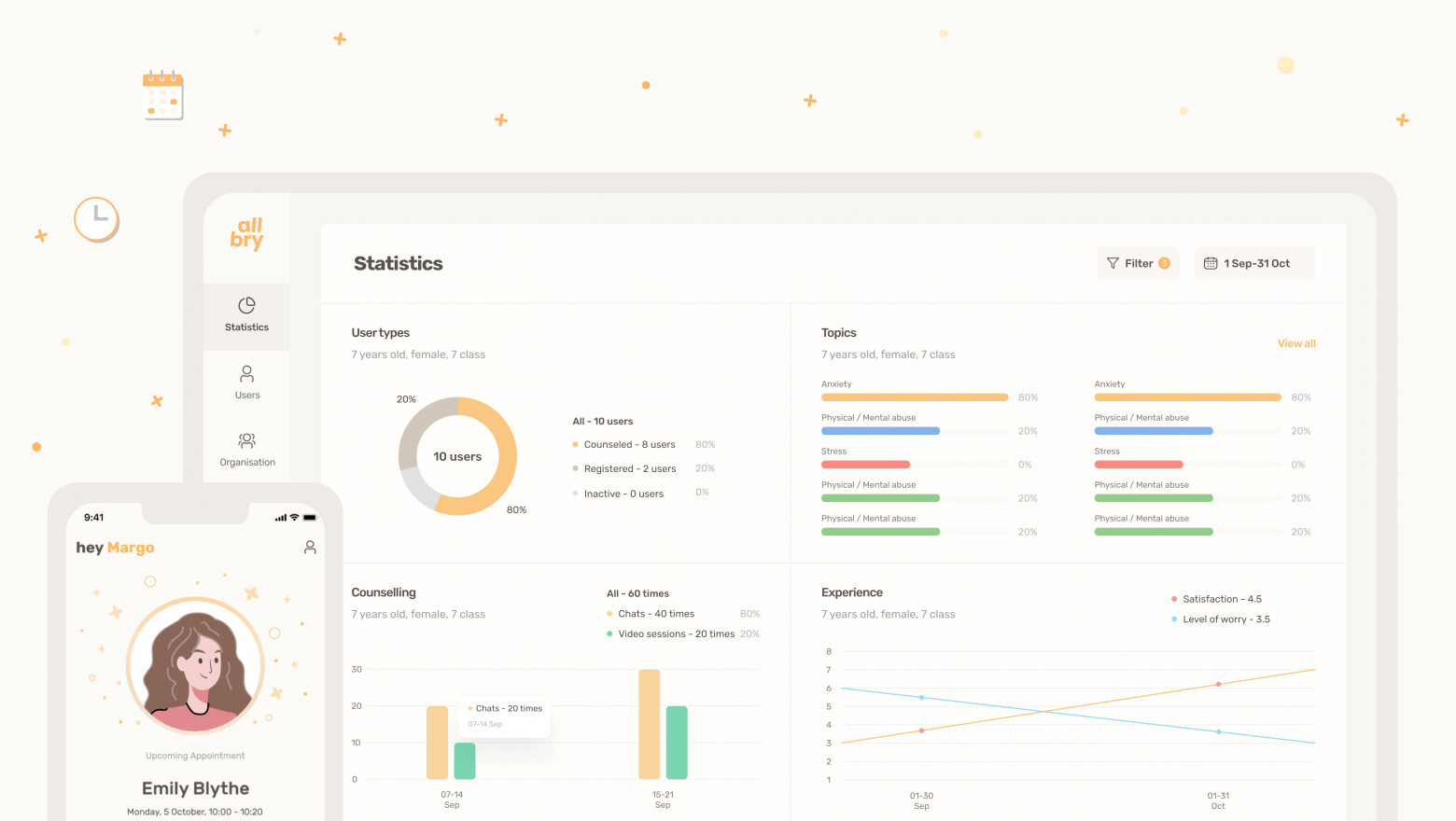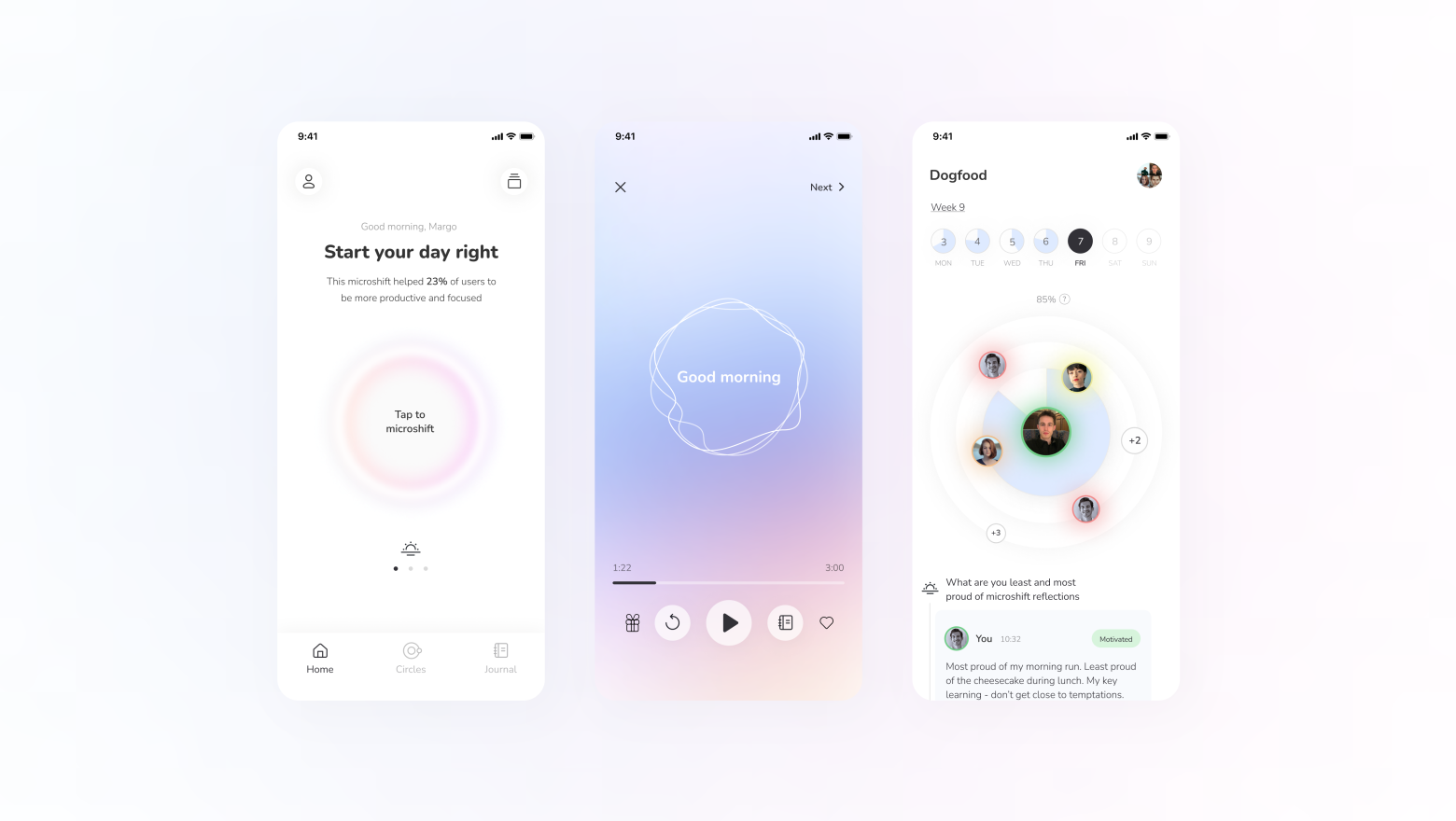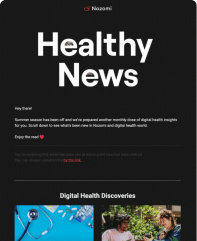Max founded Nozomi in 2019, intending to help lead health companies and startups to create digital health innovations and bring hope to people’s lives by becoming a top-tier product partner and creating solutions patients trust and engage in.
In the interview, Max reflects on our 2-year experience of creating digital experiences in healthcare. We discuss the key factors to consider when developing digital health products, the consequences of poor experiences, engagement in digital health products, how to put together a team, and why transparent collaboration is essential.
Let’s get started with our interview, and I hope you find some valuable insights that will help you on your journey.
We’ve always stated that we want to make the world a better place by developing meaningful digital health products. That’s why the first question to Max is:
What does a meaningful digital health product mean to you?
“I think ‘meaningful’ is a pretty abstract term, but my understanding is that the meaningful product aims to bring change and value to the people. By the notion of ‘change’, I mean the evolution that affects health life and well-being. Therefore, what is “meaningful” to me is something that significantly contributes to the value and creates a positive change.”
How have you developed the vision that you want to create meaningful digital products?
“I think it’s really about what you’re trying to achieve and what values you’re trying to bring to this world. And, in my opinion, it is just important to bring positive change to people who need it. I’ve had experience with digital products, and I can assure you that our team can build digital products professionally. It explains why we follow this direction right now — partnering with health companies to create meaningful products. But it’s not only about software development or UI/UX; in the first place, it’s about how we can bring this positive change and help companies bring it.”
What are the key factors to consider when building digital products in health?
“The first factor is you need to be absolutely clear about what you’re communicating to users.
If you’re building a healthcare product, you may be connected to the scientific domain, and what you need to consider is that what you’re making inside your head cannot be communicated to users properly through the digital product the same way.
There are always people who try to overcomplicate things. They apprehend their product very well in terms of the domain and what problem the solution can solve.
Still, they are not thinking about how they communicate this with the users through the digital experience.
The second thing obviously is security. It’s health data, and there is always something happening to the data, and companies need to be secured. Companies need to understand their data strategies, how they guarantee data security, and how they manage and store data.
These are the most important factors if we’re talking about healthcare. So you need an excellent, straightforward experience and secure data flow.”
Do you think that health companies focus less on user experience?
“They don’t focus less on user experience. Sometimes they can’t understand how to build a good experience: they don’t have processes, and sometimes it’s not their priority.
For example, if you’re building a new idea, it’s priority for you to validate if your product is a solution to the market. When you’re scaling there is a need of good user experience and transparent user flow.”
What consequences bad digital experience could cause?
“Just imagine you have a cold, feel bad, wake up, don’t want to go to the doctor, and choose the app from the reliable clinic. You’re getting into this app, and you see a bunch of screens and cannot understand what is happening. It takes a lot of effort to go through this to book an appointment. For you, in this situation, it would be really stressful, and you probably just call the doctor over the phone.
The point I am making right now is when the experience is bad, and if it’s not engaging, it cannot bring the value you intend to bring with your product. This will not drive business results, better outcomes.”
Let’s talk about engagement. How can healthcare companies increase the engagement rate?
“First of all, the engagement depends on your product-market fit. If there is no product-market fit — you need to work on product-market fit beyond everything, but not on experience or engagement.
When you have a product-market fit, then it’s another story. It really depends on the company and the product; however, there are a couple of general strategies you can follow in order to improve engagement:
1) You can try to go holistic. It’s all about how you can provide a holistic experience. What companies are doing is that they are trying to cover more users’ needs to make them more engaged in the product.
2) Make your experience much more accessible. Think about values and needs first and design these experiences to be quick and straightforward for the user. It’s also crucial for engagement and, especially, retention.
3) Create a unique approach to provide value. There are a lot of health apps on the market and tough competition. The ones who can create new creative courses to provide the content and the value for the users — they will win in the long run. One of the examples is the company called ‘Loona’. They provide the same guided meditation in the form of a game, so you can play it and use it as a colour book. It’s what I call a different type of experience. The more creative you are — the more engaged users can be.”
How to assemble a team to create digital health product? What values the team should possess?
“To make a good team in general, not specifically for digital health, there should definitely be a match with the values and goals you’re trying to attain.
In terms of our company, initially, we started as people who are really passionate about making things right in the best way possible. The first values that we naturally created were perseverance and courage. The values boosted our growth in a way. And then, when we became more mature and understood that it’s not about building things right, but building the right things, we’ve got some natural values like transparency, collaboration, and desire to make valuable things. With all of these values, we can reasonably build complex things right now. These values allow us to assemble a team and continue doing this.”
What does partnership mean for you?
“It’s all about trust, transparency and collaboration. For me, a partnership is just a relationship with people with trust and transparency, enabling this collaboration.”
What are the most meaningful insights you gained when developing digital health products in Nozomi?
“There are a couple of insights. Not every explicitly connected to building digital health products, but it is connected to the team and respective approaches.
- Always focus on one thing at a time. When you focus on different things simultaneously, everything will be of less quality.
- Keep a balance between logic and emotions. It can be about a relationship in the company or decisions.
- Always try imagining how it is to be in someone’s shoes. We can apply the rule to users or the team. If we’re talking about the users, we need to speak to the users, their current needs, and their bothers. It also could be applied to the team.”
Here are our insights on digital health product creation. If you’re health company and you’re struggling with building digital experience or have already made it but have problems with engagement, adoption, etc., we’re always happy to guide you and provide a free consultation.







